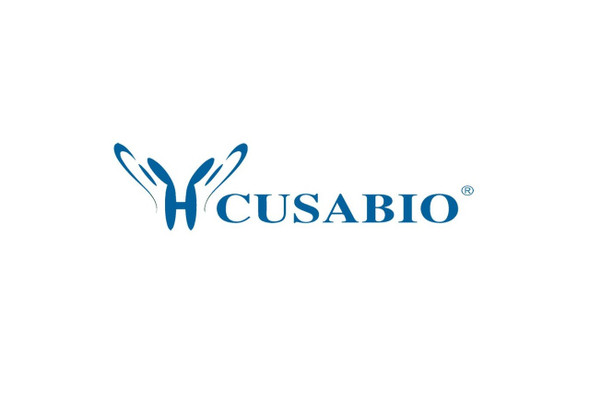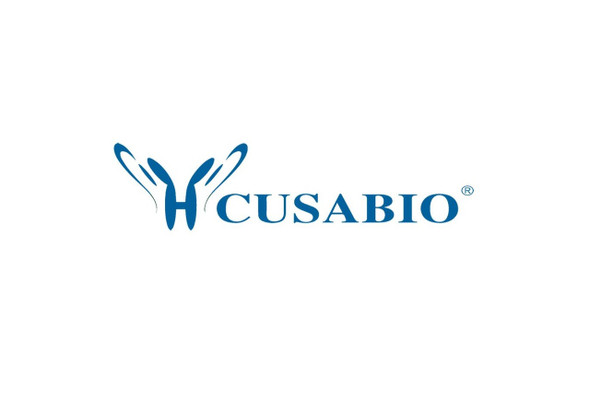Cusabio Virus & Bacteria Recombinants
Recombinant Phytophthora cryptogea Beta-elicitin cryptogein | CSB-EP322784PJL
- SKU:
- CSB-EP322784PJL
- Availability:
- 3 - 7 Working Days
Description
Recombinant Phytophthora cryptogea Beta-elicitin cryptogein | CSB-EP322784PJL | Cusabio
Alternative Name(s): CRY
Gene Names: N/A
Research Areas: Others
Organism: Phytophthora cryptogea
AA Sequence: TACTATQQTAAYKTLVSILSDASFNQCSTDSGYSMLTAKALPTTAQYKLMCASTACNTMIKKIVTLNPPNCDLTVPTSGLVLNVYSYANGFSNKCSSL
Source: E.coli
Tag Info: N-terminal 10xHis-tagged and C-terminal Myc-tagged
Expression Region: 21-118aa
Sequence Info: Full Length of Mature Protein
MW: 17.3 kDa
Purity: Greater than 85% as determined by SDS-PAGE.
Relevance: Induces local and distal defense responses in plants from the solanaceae and cruciferae families. Elicits leaf necrosis and causes the accumulation of pathogenesis-related proteins. Might interact with the lipidic molecules of the plasma membrane.
Reference: "The 1.45 A resolution structure of the cryptogein-cholesterol complex: a close-up view of a sterol carrier protein (SCP) active site." Lascombe M.B., Ponchet M., Venard P., Milat M.L., Blein J.P., Prange T. Acta Crystallogr. D Biol. Crystallogr. 58:1442-1447(2002)
Storage: The shelf life is related to many factors, storage state, buffer ingredients, storage temperature and the stability of the protein itself. Generally, the shelf life of liquid form is 6 months at -20?/-80?. The shelf life of lyophilized form is 12 months at -20?/-80?.
Notes: Repeated freezing and thawing is not recommended. Store working aliquots at 4? for up to one week.
Function: Induces local and distal defense responses (incompatible hypersensitive reaction) in plants from the solanaceae and cruciferae families. Elicits leaf necrosis and causes the accumulation of pathogenesis-related proteins. Might interact with the lipidic molecules of the plasma membrane.
Involvement in disease:
Subcellular Location: Secreted
Protein Families: Elicitin family
Tissue Specificity:
Paythway:
Form: Liquid or Lyophilized powder
Buffer: If the delivery form is liquid, the default storage buffer is Tris/PBS-based buffer, 5%-50% glycerol. If the delivery form is lyophilized powder, the buffer before lyophilization is Tris/PBS-based buffer, 6% Trehalose, pH 8.0.
Reconstitution: We recommend that this vial be briefly centrifuged prior to opening to bring the contents to the bottom. Please reconstitute protein in deionized sterile water to a concentration of 0.1-1.0 mg/mL.We recommend to add 5-50% of glycerol (final concentration) and aliquot for long-term storage at -20?/-80?. Our default final concentration of glycerol is 50%. Customers could use it as reference.
Uniprot ID: P15570
HGNC Database Link: N/A
UniGene Database Link: N/A
KEGG Database Link: N/A
STRING Database Link: N/A
OMIM Database Link: N/A











